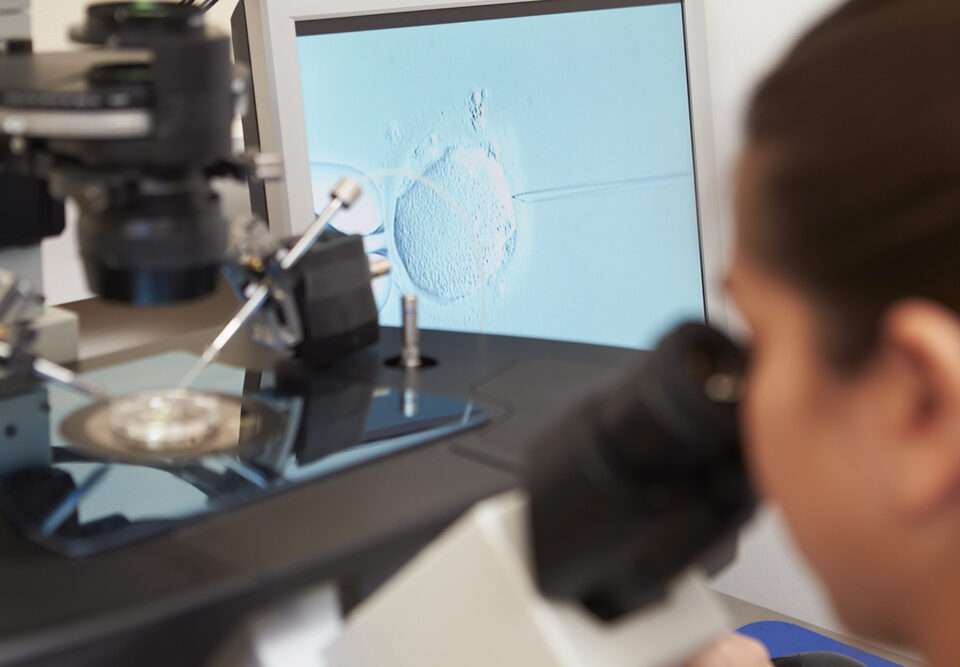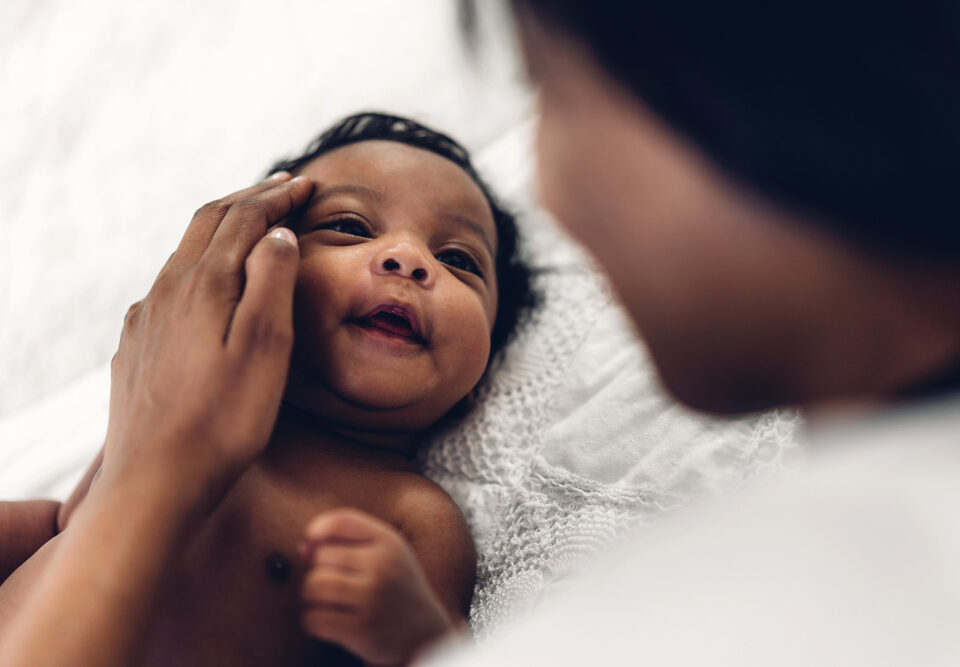Legal analysts take a closer look at Jason Patric’s custody case ruling
五月 27, 2014Govenor Jindal vetoes surrogacy bill all over again
六月 5, 2014In a young woman’s life, there are many things she’ll hear and learn about that invariably raises awareness. Egg donation to help couples facing infertility is one of them.
Some do it for altruistic reasons, others for its generous compensation, and for many, both.
A 25-year-old journalist for the Sarasota Herald-Tribune, Justine Griffin, wrote an in-depth three-part series entitled, “Cost of Life,” highlighting her experience as an egg donor.
No, this wasn’t merely a journalism assignment. There was more to it.
Griffin wanted to do this in memory of her childhood friend, Ariel, who died when they were young girls. Ariel’s mother, Lynn, had a difficult time conceiving again, but eventually did.
 “Her struggle to have another child made me think of others like her, couples around the world who felt the same kind of heartbreak and were forced into the same fertility battles,” Griffin wrote. “I saw the joy Lynn found in her son, Zach, and wondered if there was something I could do to help someone else create a family of their own.”
“Her struggle to have another child made me think of others like her, couples around the world who felt the same kind of heartbreak and were forced into the same fertility battles,” Griffin wrote. “I saw the joy Lynn found in her son, Zach, and wondered if there was something I could do to help someone else create a family of their own.”
For Griffin, egg donation was the answer.
Committed in this “selfless act,” she encountered negative twists and turns along the way.
While undergoing multiple blood work panels because of misplaced test results, she experienced challenges with hormone treatments, and periodically, not seeing eye-to-eye with the egg donor agency.
Griffin also touted the doctors she dealt with were not caring enough.
“This began as a way for me to honor a childhood friend who passed away and a hopeful account of my experience with the fertility industry,” Griffin wrote in her article. “But it devolved into a tangle of broken promises, scary science and questionable experiences — ending with a ruptured cyst on my ovary and a fear that my future reproductive health may be in jeopardy. The doctors were there for my eggs and not for me.”
Being quite familiar with these medical team types, I really don’t think all doctors are that callous; and, it is really unfortunate Griffin experienced this.
Griffin, I believe, also had some high expectations in wanting to meet or correspond in some way with the parents who chose her eggs.
The egg donor agency, Open Arms, made it quite clear to Griffin that the couple wanted to remain anonymous.
“I so desperately wanted to know the people who’d chosen me to be their donor, but they wanted me strictly for my eggs and my DNA.”
While most agencies follow the desires of the intended parents, donors who wish for this have control. I’ve worked with donors who insist on knowing the couples and individuals that they donate for. They will not donate without it.
However, typically some agree to correspond while others do not. Griffin had a hard time coming to terms with this. In her article, she points out how her initial enthusiasm was fading fast.
“So I wouldn’t get the Christmas cards with photographs of happy, fat-cheeked children like the ones that line the walls of the Open Arms office,” she writes.
She described herself as, “merely a cog in the machine, a minuscule and easily discarded piece in the growing, billion-dollar fertility industry.”
Like doctors, all agencies aren’t that callous, either. There is “heart” behind what they do.
 During the course of her hormone treatments, some European drugs were introduced which were not approved by the FDA. Griffin was taken aback by this, did her research, and ultimately moved forward.
During the course of her hormone treatments, some European drugs were introduced which were not approved by the FDA. Griffin was taken aback by this, did her research, and ultimately moved forward.
As mentioned earlier, Griffin had a difficult time with the hormone treatments she was on to prepare her ovaries for egg retrieval. Coupled with crippling migraines, she experienced hair loss.
Above all, after the retrieval, she didn’t bounce back from the procedure like most women. Nausea, stomach discomfort, and hair loss still persisted.
She asked the fertility doctor who cared for her during the egg donation process for an ultrasound but he dismissed her request.
Stomachaches hit a higher level a week later, she reported. At work, she experienced knee-buckling pain which sent her to an emergency room at a nearby hospital.
Scared, Griffin and her boyfriend placed a call to the egg donor agency for guidance. Disappointed, their call was returned the following day.
At the hospital, the doctor confirmed a cyst formed on her ovary and ruptured.
The next day, her fertility clinic doctor told Griffin the cyst was likely caused by the two-week course of hormone therapy.
Now, Griffin writes, she is doing well.
Yet, she can’t help but think if the egg donation process may affect her health down the road, and if so, could it ever be proved that it was due to her decision to donate.
That will remain a mystery.
In the end, Griffin conveys one more strong opinion after the rollercoaster journey.
“And still, I never regretted my decision to donate.”



